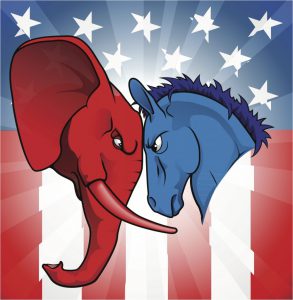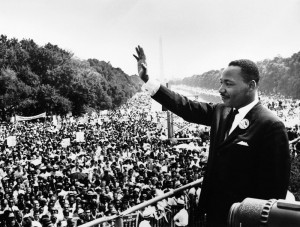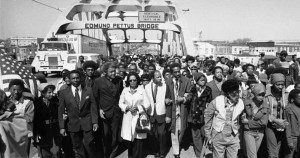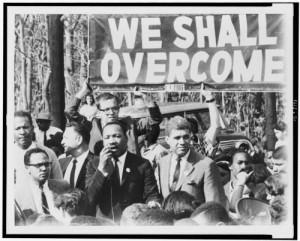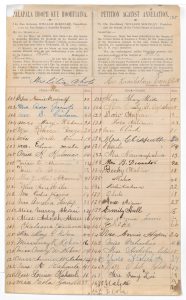Intro: Overview, Attendance, Agenda, Introduce Essential Question, Objectives, Standards
Essential Question: What gives government authority?
Objectives:
—know the challenges faced by the Articles of Confederation government.
—know how the Constitutional Convention created a new federal form of limited government.
—know the opposing sides in the constitutional ratification debates.
—identify the strengths and weaknesses of the Articles of Confederation and the U.S. Constitution.
—analyze the challenges and compromises around the creation of the Constitution.
Standards:
…Culture (#4)
…Individuals, Groups, & Institutions(#8)
…Power, Authority and Governance (#ʻs 2, 3, 4, 5, 6)
…Civic Ideals and Practices (#4)
Republicans vs. Democrats
—View youtube video
—Complete Chart via Google Classroom
Homework: Letter due Friday; Newsela Write & Quiz due Friday!

